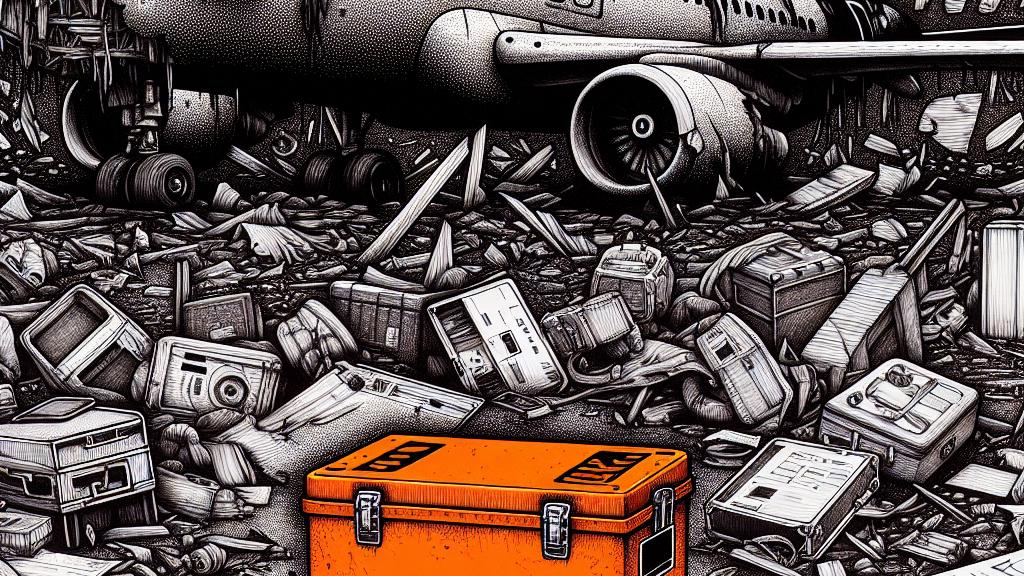Understanding How Black Boxes Help Solve Airplane Crashes
Overview
- Black boxes are essential devices that provide critical insights into airplane crashes.
- They record important flight data and cockpit conversations, capturing key moments.
- Significant advancements are underway to enhance their effectiveness and reliability.

What Are Black Boxes?
Often referred to as black boxes, these remarkable devices are actually vibrant orange, designed specifically to stand out against the debris following an accident. Invented in the 1950s by Australian scientist David Warren, black boxes have undergone incredible innovations. The tragic Jeju Air disaster in South Korea, which occurred on December 29, 2024, serving as a stark reminder of their value, claimed 179 precious lives and spotlighted how crucial these devices can be. They aim to record vital flight data right up to the moments before a crash; however, in this case, the recordings sadly stopped just four minutes prior. Such nuances illuminate both the exceptional capability and limitations of this lifesaving technology.
How Do Black Boxes Work?
Black boxes consist of two main components: the Cockpit Voice Recorder (CVR) and the Flight Data Recorder (FDR). The CVR captures all sounds in the cockpit, from the pilot's urgent commands to the alarming alerts that signal potential malfunctions, providing a gripping account of the final moments of flight. In contrast, the FDR monitors a wide array of essential flight parameters, including altitude, speed, and heading. The synergy of these two devices allows investigators to piece together a detailed narrative of the events leading up to an incident. Take, for instance, renowned episodes featured in the show *Air Crash Investigation*, which reveal how a combination of weather-related challenges and human errors can lead to calamities in the skies. These incidents serve as powerful reminders that airplane safety is a multifaceted issue.
Improvements on The Horizon
In light of various devastating air disasters, the aviation community is earnestly pursuing enhancements in black box technology, with several pioneering changes on the horizon. One notable improvement involves extending the CVR's recording length from a mere two hours to a groundbreaking 25 hours. This shift is fundamentally driven by the need for more comprehensive data to analyze long-duration oceanic flights, particularly after high-profile cases such as the mysterious disappearance of Malaysia's MH370. By capturing extensive audio of cockpit interactions, aviation safety experts can gain invaluable insights into potential issues. This proactive approach to technology reflects an unwavering commitment to learning from past mistakes, ensuring that the skies remain as safe as possible. Ultimately, improvements in black box technology symbolize our relentless pursuit of aviation safety, underscoring the belief that every flight should be underpinned by rigorous safety standards.

Loading...